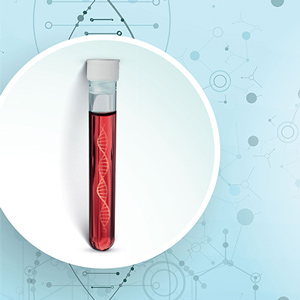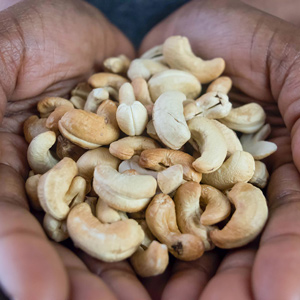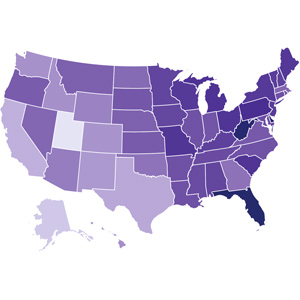Winter 2020/2021 Vol. 10 Issue 04
-
From the Editor-in-Chief
Intercepting Cancer by Tackling PrecancerResearch on premalignancy is needed to fully tap the potential of cancer interception.
by William G. Nelson, MD, PhD
-
Your Cancer Guide
New Rules of EngagementAs the pandemic continues, cancer patients and survivors must weight fears of possible infection with their need to live fully.
by Hester Hill Schnipper
-
Caregiving With Confidence
Anticipatory GriefWhen a loved one has advanced cancer, it's common to mourn the loss that hasn't happened yet.
by Karen J. Bannan
-
Policy Matters
Cancer Scientists Support COVID-19 ResponseResearchers study ways to improve telehealth capabilities, clinical trials and health disparities.
by Trevan Locke, PhD
-
Are Liquid Biopsies Ready for the Clinic?
Sophisticated blood tests offer a less invasive way to characterize cancers, guide treatment and catch recurrences sooner, but tissue biopsies remain the gold standard.
by Kendall K. Morgan
-
Getting Serious About Depression
Cancer survivors have higher rates of depression than the general population, but many don't know help is available.
by Cameron Walker
-
Multiple Myeloma: Choosing Your Path
New therapies provide hope and options for people as they monitor and manage this incurable blood cancer.
by Tara Haelle
-
Survivor Profile
A Voice at RiskRob Paulsen has voiced hundreds of animated characters, but as he prepared to return to a beloved role, cancer threatened his livelihood.
by Bradley Jones
-
Q&A
Ethics in PracticeRebecca Dresser explores the history and burdens of clinical trials through the lens of a cancer survivor and medical ethicist.
by Marci A. Landsmann
-
Sound Advice
Your Questions, Our AnswersExperts answer questions about limiting exposure to the coronavirus, how to talk about a cancer recurrence with loved ones, and strategies for dealing with a loss of health insurance.
-
Get Involved
Smiling FacesRich Nardiello seeks to bring a smile to children with cancer.
by Bradley Jones
-
Facts and Stats
2020: Cancer in the U.S.Data collected from cancer registries help chart the national burden of cancer.
by Bradley Jones
Adding chemotherapy to targeted therapy improves outcomes for people with advanced EGFR-positive non-small cell lung cancer.
by Sandra Gordon
Lessons From 20 Years Living With CancerMultiple myeloma survivor Jonathan Gluck reflects on uncertainty, and the scientific progress that has kept him living with cancer for more than two decades.
by Eric Fitzsimmons
The Enduring Importance of Cancer Disparities ResearchOpening session from AACR conference highlights how perseverance and adversity have informed cancer disparities research over the years.
by Eric Fitzsimmons
Most Cancer Survivors Don’t Meet Healthy Diet GoalsDespite research linking fruits and vegetables to cancer survival, many people do not change their eating habits after diagnosis.
by Darlene Dobkowski



















